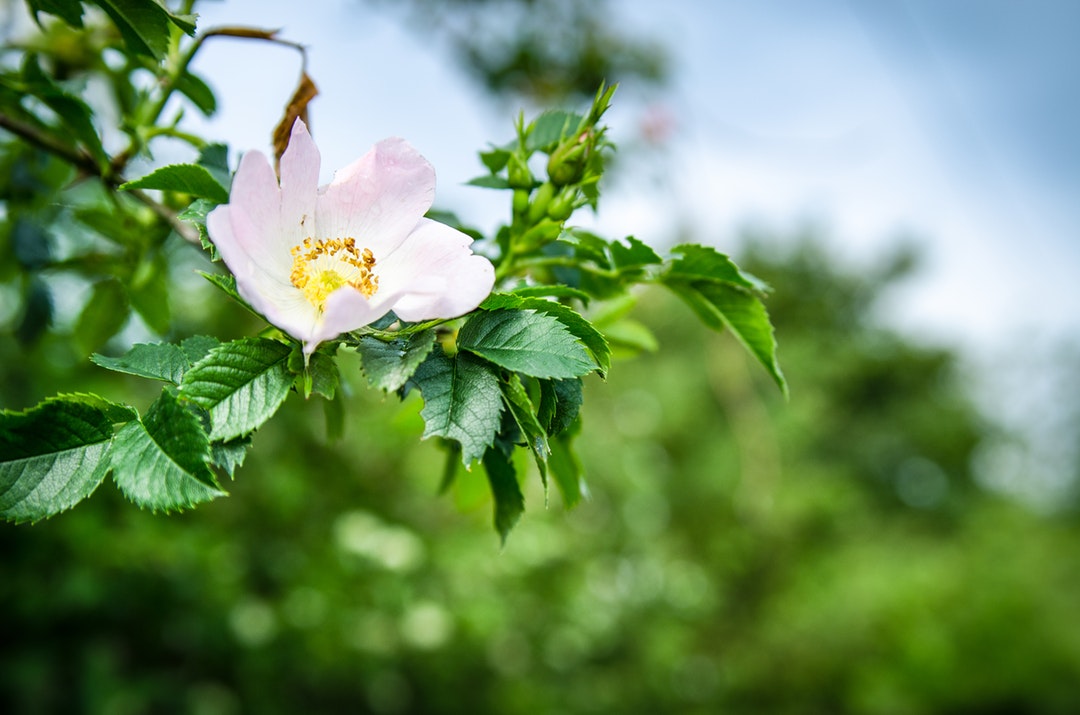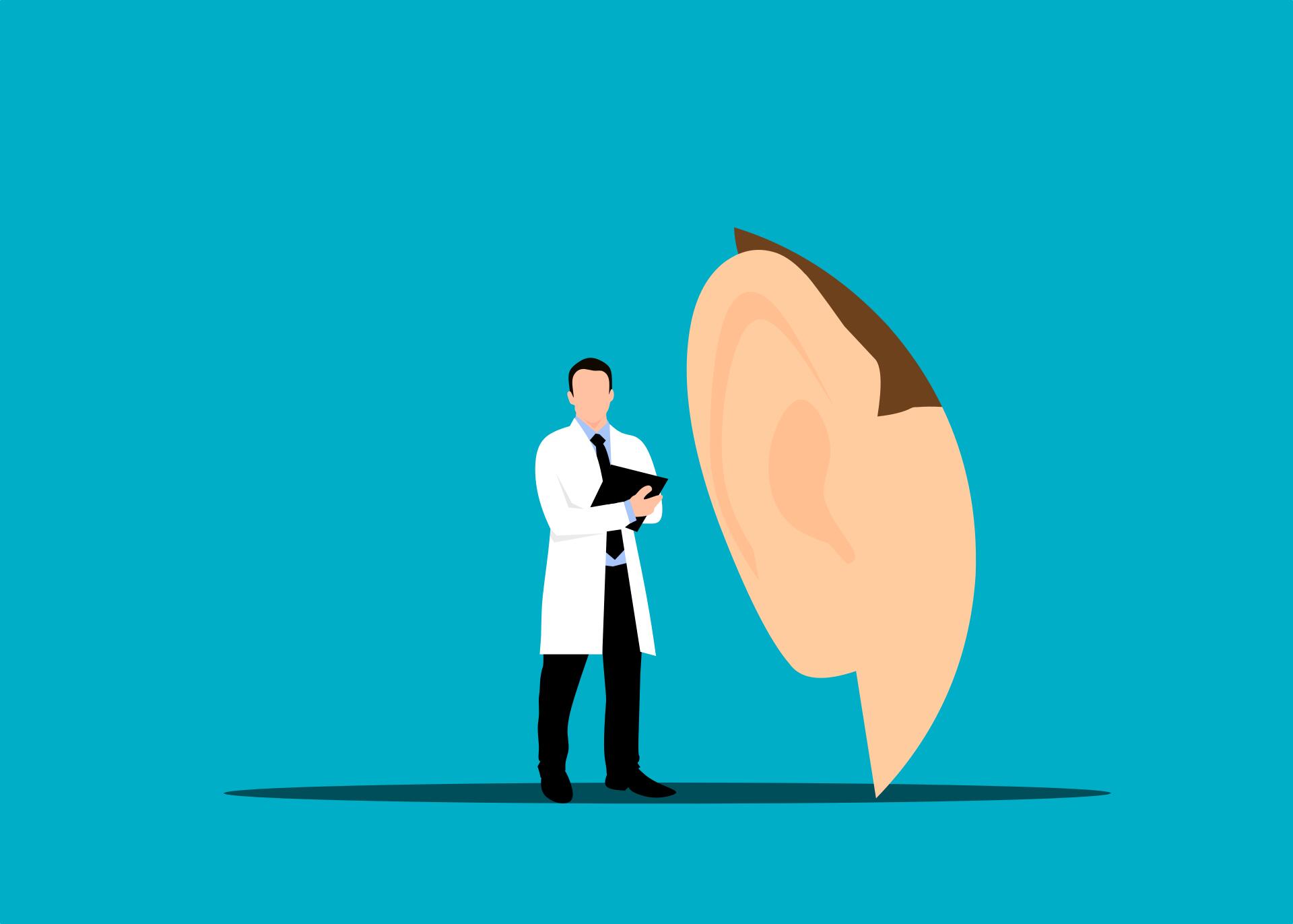
Spring is Here: 10 Allergy Solutions to Help You Survive the Season

Approximately 30% of adults and 40% of children suffer from allergies.
While most allergies aren’t enough to send you to the ER, they can cause debilitating congestion and discomfort. Instead of confining yourself to your room on the particularly bad days, you can be proactive about your condition.
If you suffer from seasonal allergies, the worst time of year is upon you. But with just a few allergy solutions, you can reduce your symptoms and live a normal life throughout the spring season.
Keep reading to learn more about the best 10 allergy prevention methods.
10 Allergy Solutions to Help You Survive Spring
Also known as allergic rhinitis, allergy symptoms present themselves when you breathe in the things you’re allergic to. The most common allergens include dust, animal dander, and pollen. When it comes to spring allergies, pollen is the number 1 contributor to allergic flareups.
Seasonal allergies are typically caused by tree pollen, and most trees begin to bloom in spring. The particular pollen causing your allergies is specific to where you live. Pine, oak, ash, birch, poplar, and walnut are the greatest offenders.
If you experience congestion, runny nose, itchy eyes, coughing, or a reduced sense of taste in the springtime, you’re likely suffering from seasonal allergies. With these 10 tips, you can significantly reduce those symptoms.
1. Check Pollen Counts
Half the battle when it comes to allergies is being proactive. Part of that means checking how the day or week is going to affect your allergies. Then, you can take extra steps to protect yourself.
Your local weather network, radio station, newspaper, and even Google can help you determine pollen counts. Check these pollen forecasts and levels frequently so you know when you should be most prepared.
When pollen counts are high, you can take allergy remedies before you notice any symptoms. You should also keep your windows closed to avoid pollen blowing into your home.
Remember that pollen counts are extra high in the morning, so you’ll especially want to avoid that time of day. Or at least plan around it.
2. Keep Clean
Keeping your home clean can help reduce the potential allergens in your home. Be sure to keep your floors clear of dust and pollen that’s built up over the winter or blown in while your windows are open. You should move your furniture around to get to places that are often overlooked.
Keep your bedding clean too. Washing your pillows and bedding with hot water will remove dust, pollen, as well as dust mites that could be affecting your allergies. Your kids’ stuffed animals can also be allergen-collectors, so wash those regularly, too.
But keeping clean also means keeping allergens off your body. After being outside, remove and wash your clothing. Taking a shower can also help remove allergens that have gathered on your skin while you’re outside.
3. Control Air Quality Where You Can
You’re never going to be able to eliminate all allergens. However, you can take steps to reduce what builds up by controlling the air quality around you.
As the weather gets hotter, it’s tempting to open the windows to let in a breeze. But remember that breeze brings with it pollen and other potential allergens like dust. The same can be said for opening the windows in your car.
Instead of opening the windows, use air conditioning to bring coolness into your home or vehicle. Change the filters regularly and follow a maintenance schedule to ensure the circulating air is fresh and clean.
4. Natural Remedies
For every illness or condition, there’s a natural remedy. Although the benefits aren’t scientifically proven, some people find allergy relief from extracts such as butterbur and spirulina.
5. Acupuncture
Often used to treat pain and other conditions, there’s evidence that acupuncture brings allergy relief as well. Using tiny needles placed under the skin at specific meridian points, acupuncture relieves symptoms such as sneezing and itchy eyes. What’s more, acupuncture seems to reduce allergy symptoms over time – meaning that it’s a treatment with long term benefits.
6. Neti Pot
A neti pot is one of the safest and most affordable allergy solutions on this list. It involves rinsing your nasal passages to flush mucus and allergens from inside your nose. Not only does this clear up a stuffy nose, but it also takes out anything that’s built up inside and continues to cause symptoms.
A neti pot can be found at most drug stores. It’s a small squeeze bottle or container that has a spout. The container is filled with water and the spout is inserted into your nose.
When using a neti pot, be sure to sterilize your water. Simply boil and cool distilled or filtered water. Clean your neti pot after every use and leave it in the open air to dry.
7. Nasal Spray
Another method for relieving nasal congestion is a nasal spray. Nasal sprays work to reduce any swelling in your nasal passage. This will stop your nose from running and relieve stuffiness or itchiness.
More effective for nasal allergies than other types, you should only use a nasal spray intermittently. Using them for too long can cause your symptoms to get worse. Use a nasal spray like Flonase for 2-3 days in a row and no longer than that.
8. Allergen Immunotherapy
Allergen immunotherapy is another long term treatment that helps reduce allergy symptoms over time. It involves receiving injections of your particular allergen. Through that exposure, you gradually become less sensitive to your allergen.
But this allergy treatment doesn’t work for all types of allergies. It works best for pollen, pet, dust, bee, and asthma-causing allergies. But it doesn’t work as well for allergies caused by feathers, medicines, or foods.
9. Over-the-Counter Medication
When you need fast relief or you’re taking preventative measures, over-the-counter allergy medicine is your best bet. Oral antihistamines and decongestants can relieve everything from a runny nose and watery eyes to itching and sneezing. Look for medications like Allegra, Claritin, or Zyrtec Allergy.
10. Topical Medication
Some allergic reactions present themselves in the form of hives, rashes, or welts. For these symptoms, you need topical allergy solutions. Look for topical corticosteroids to stop the itching as well as any spreading.
Looking for Relief?
Seasonal allergies can get in the way of performing even the simplest of daily activities. But with a host of allergy solutions out there, you can both prevent and reduce the effects on your life.
Be proactive in your allergy prevention by reducing your exposure to allergies and controlling the air quality in your home. And when you need immediate relief, try remedies such as the neti pot or over-the-counter antihistamines.
There are far more treatments that we could possibly list in one article. For more information on those, check out our selection of allergy, cough and cold medications.
Related Posts


